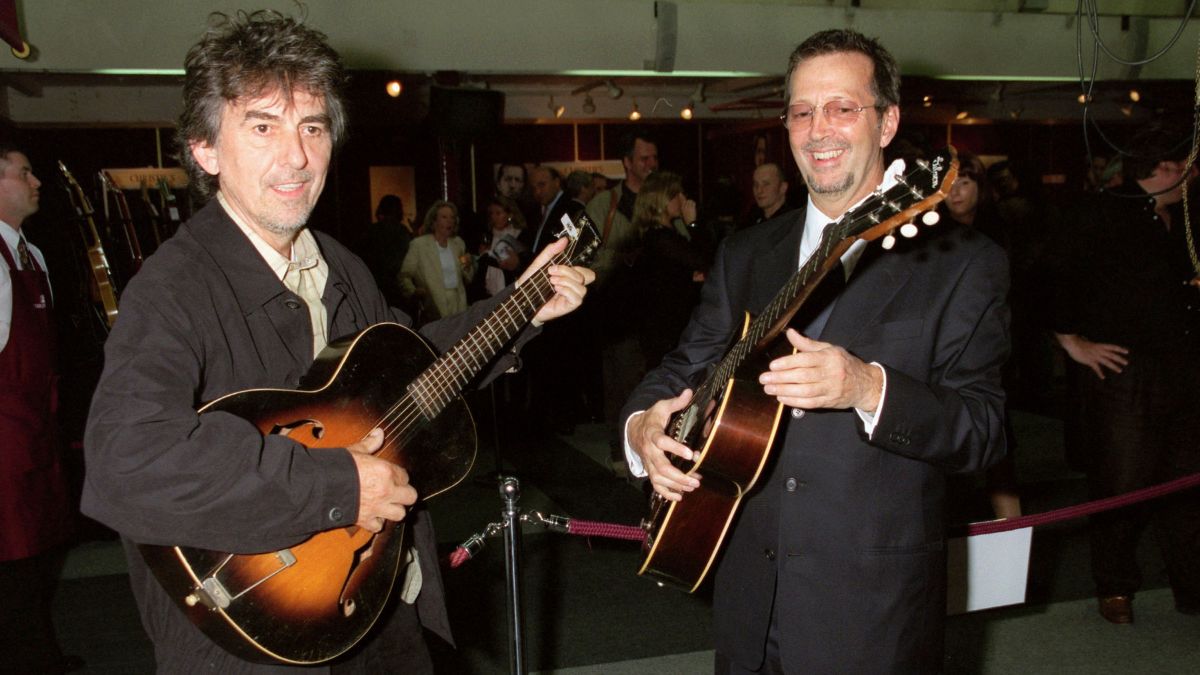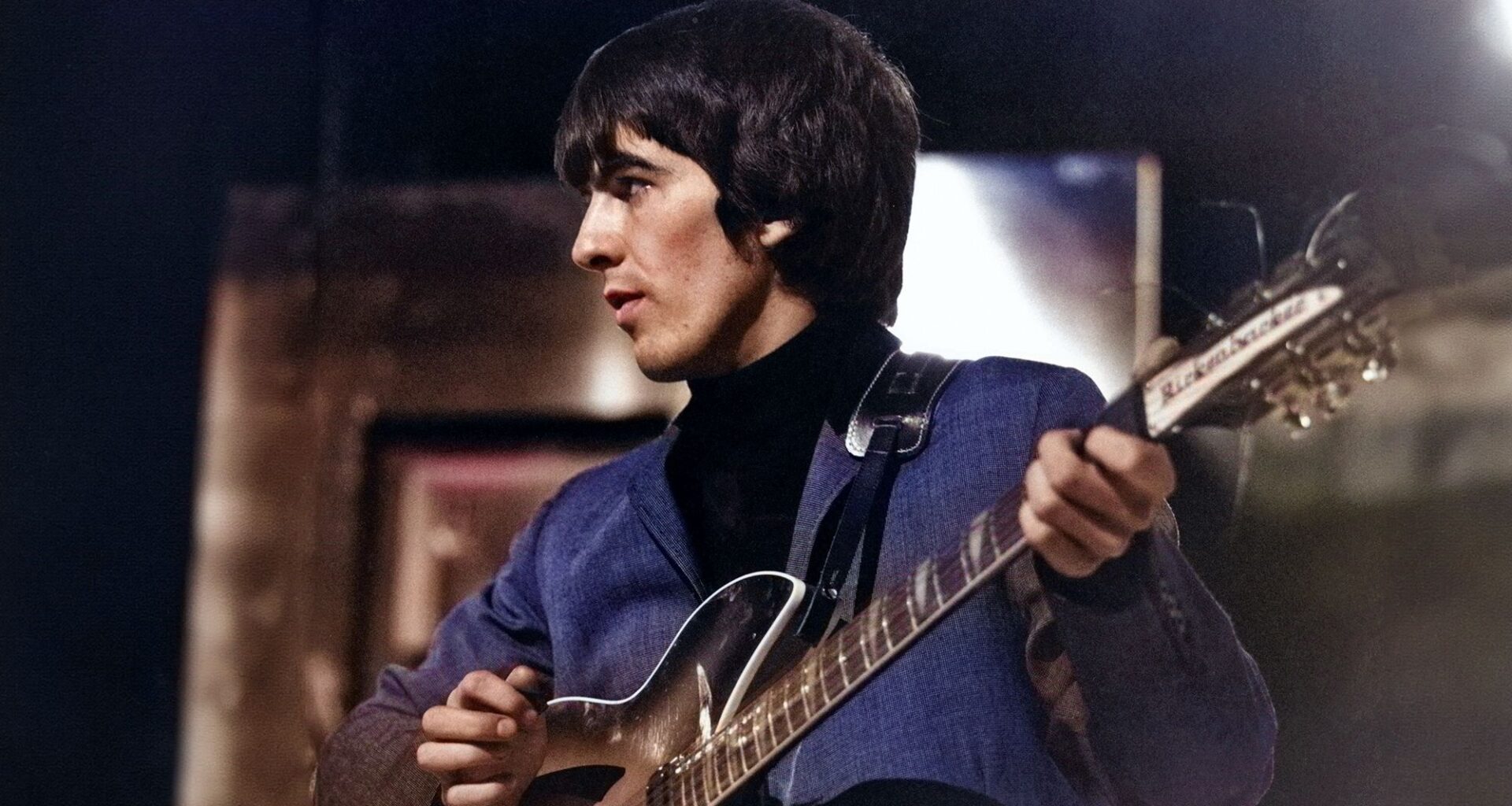Music’s landscape changed dramatically in the late 1960s, as the electric guitar became a greater force of expression in rock. That was due as much to developments in amplification and effects as it was to the players who dominated the scene, like Jeff Beck, Jimmy Page and Jimi Hendrix.
Prior to then, rock and roll belonged to guitarists like Keith Richards and George Harrison, each of whom had one foot in the styles preceding the British rock boom and the other in a more expressive, blues-inspired way of playing. Harrison, in particular, eventually became enamored of the slower, single-note style of lead guitar that emerged in the playing of the Band’s Robbie Robertson and his pal Clapton.
But he wanted nothing to do with the heavier rock that followed. As far as he was concerned, Clapton took electric guitar to a new and more forceful place with his rock trio Cream.
You may like
Where it went after that was simply all too much.
“As far as listening to it, I’d rather hear someone like Little Richard or Larry Williams,” he once recalled (via Rolling Stone). “I never liked all that stuff in the late ’60s after Cream had broken up — all those Les Paul guitars screaming and distorting.”
Clapton had been at the heart of the British blues explosion following his departure from the Yardbirds in 1965, when he joined John Mayall’s Bluesbreakers. But when he left to form his own loud and lively power trio, inspired after seeing Buddy Guy play in London, he took the blues to new, rather more aggressive places.

(Image credit: Getty Images)
Although Cream was a blues-rock band with strong elements of jazz mixed in, the group’s fusion proved instrumental in paving the way for the hard rock and heavy metal scenes that followed. Even Clapton came to understand as much in the years after.
“I think we were one of the early heavy metal bands without knowing it,” Clapton has previously said. “After we disbanded, Led Zeppelin filled the void.”
While hard rock would give us plenty of fine virtuoso players, Harrison preferred the more expressive side of guitar work that preceded them.
“I like subtlety, like Ry Cooder and Eric Clapton,” he said. “Eric is fantastic. He could blow all those people off the stage if he wanted to, but he’s more subtle than that.
“And personally I’d rather hear three notes hit really sweet than to hear a whole lot of notes from some guitar player whose ears are so blown out he can’t hear the difference between a flat and a sharp.”
Harrison’s high praise for Clapton came just a few years after the two men reportedly performed a guitar duel over their mutual love for Pattie Boyd, Harrison’s wife at the time. Clapton had become infatuated with her in 1970, leading to his anguished love letter to her, the song “Layla,” from Derek and the Dominos’ Layla & Other Assorted Love Songs. (although that tune is now shrouded in plagiarism claims).
Intriguingly, in his Rolling Stone interview, Harrison failed to mention the guitarist he felt was responsible for the “greatest guitar solo of all time.”
